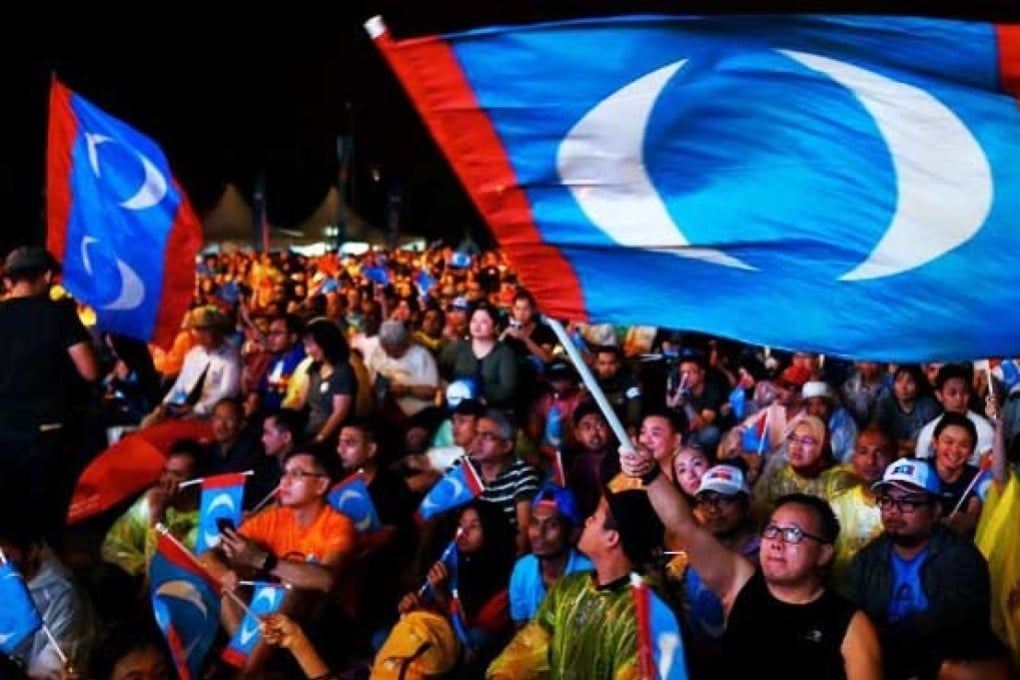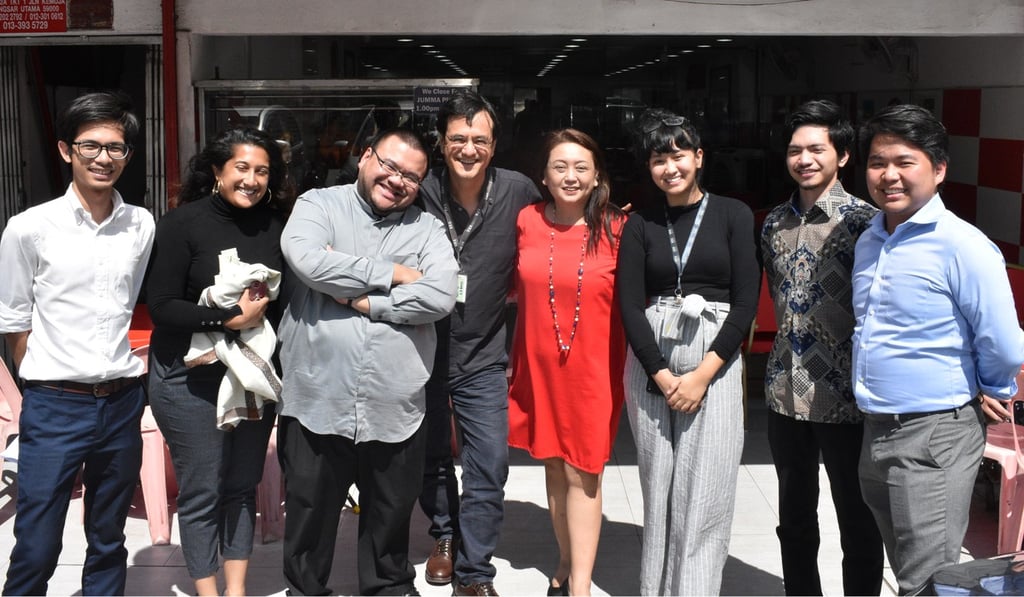Advertisement
Ceritalah | One year on, Pakatan Harapan still grappling with realities of delivering shared prosperity in ‘new Malaysia’
- As the country has adjusted to an administration full of untested leaders, many Malaysians have begun to question the effectiveness of the new team
- Can its progressive future survive encroaching conservatism and the current administration’s squabbling and incompetence?
Reading Time:4 minutes
Why you can trust SCMP

Euphoria over the surprise victory of the Mahathir Mohamad-led Pakatan Harapan coalition in Malaysia’s elections last year has been swiftly replaced by surprisingly bitter disappointment
For the past two months, Team Ceritalah has been criss-crossing the country: everywhere from Kuala Kangsar to Penampang. It’s been a Herculean effort for the young team: listening to and recording stories on the ground. We tried to revisit all the people we interviewed before last year’s polls.

Advertisement
Team Ceritalah aren’t pollsters. We weren’t trying to do a scientific survey. Rather, we sought to take a snapshot of a country coming to terms with both immense change and the more mundane challenges of making a living.
Those closest to the land – oil palm and rubber smallholders as well as rice farmers – have been the most frustrated. Their opinion matters because agriculture still provides employment for some 6 per cent of working Malaysians.
In Sekinchan – Selangor’s rice-bowl – “Abang” Zaki has had to deal with an inexplicable disease that has threatened his rice crop. Meanwhile, for Ah Seng, a 50-something rubber tapper outside the royal town of Kuala Kangsar, low commodity prices have made his work almost futile. Understandably, all five of his adult children work in Singapore.
Advertisement
Advertisement
Select Voice
Select Speed
1.00x
